In Challenging Times, Your Body Knows What’s Needed
We invite you to listen to Hope as she’s interviewed by Jonathan Bastian on KCRW about Embodied Listening. The show aired on April 10th.
Hope’s engaging interview begins at 21:53 into the podcast.
by Hope Martin
There’s a lot of uncertainty and groundlessness right now. Many of us have strong feelings of anxiety, fear or worry; a sense that we don’t know what’s coming, that our world has irrevocably changed. It might be hard to know how to handle our feelings, or what to do with them. Maybe we’ve been ill or know people who are ill or who have died. Perhaps we’ve lost our business or our job or have other concerns or challenges. Or maybe we’re doing very well with our own particular situation – may it be so! nevertheless, the world is reeling.
Embodied Listening, comprised of Mindfulness Meditation, the Alexander Technique and Focusing, teaches a different and life-enhancing way to be in relationship with what is happening for us. We learn to experience it and explore it in a bodily way.
When strong emotions or anxiety arise, dropping into the body gives us resources that have always been there, but that we never knew we had. It’s like discovering buried treasure under a floorboard in our living room.
So often our repetitive thoughts keep us on the surface, feeding more worry and anxiety. Learning to drop the thoughts and be with our responses and how they are held in the body, gives us immediate, direct access to our deeper experience in the present moment.
All three practices have something different but related to offer toward that end, and in the retreat they work together to allow more access to our deeper selves:
Mindfulness Meditation is training in letting go of thoughts and resting in the present moment. In the process we get some distance from the pull of our repetitive thought patterns: pleasant or unpleasant we learn to abide in the experience of right now. From that comes the capacity to tolerate the full range of experience in our lives, including but not limited to fear, boredom, anxiety, groundlessness and joy. Through the practice we become intimate with our style of moving away from the vividness of the present moment. Our habitual comfort zone so often has a distracted, numbed out or churned up quality with a strong sense of identity in it. By gently coming back to the present moment again and again, more space develops to accommodate our experience and to appreciate our world.
The Alexander Technique teaches us to notice how we live in our bodies and to become sensitive to unconscious postural and movement patterns that interfere with our innate ease and equilibrium.
We are naturally poised, expansive and upright. Watch any healthy young child and it’s clear they know how to be easily upright, relaxed yet supported, curious and responsive to their world. They are alive! and it shows.
The Alexander Technique teaches us to notice the ways we interfere with that kind of joy and freedom.
Our posture is molded by the way we habitually hold ourselves, formed over time by an accumulation of our many responses to life’s experiences and challenges. Our responses have become our shape. If our habitual posture is slumpy or rigidly upright (often we vacillate between the two) our natural buoyancy gets blocked. The patterns of interference obstruct our aliveness and have a protective function; they help to keep us safe, yet at a cost. The holding patterns contribute to the pain or disconnection we feel and hinder direct access to our feelings and to the present moment. Experiencing that in the body and letting it touch our hearts is a portal for deeply befriending ourselves.
The practice also teaches us to pause and make different choices. When we change our responses, our bodies change. We learn to let go of excessive tension, expand, and be supported by the earth, and that becomes the place we return to. The hallmark of the Alexander process is a quality of presence that is light yet grounded, expansive, balanced and open. It is the shape of equanimity.
Accessing this is dependent on learning to stop trying to change and get it right. Trying to change always results in working hard and pushing, with ensuing muscular tension. Pushing does not result in the freedom we are after. Instead, the practice is to let our nervous systems rest and to get to know our habits with gentleness. We learn to let them unwind through an indirect approach that is initiated by the re-balance of the head on the spine. When we stop overriding our bodies’ intelligence and instead get out of the way, we access the balanced organization – including our postural reflexes – that is inherent in our human design.
If we employ habits to change habits we stay stuck in known outcomes. By pushing and maintaining a position we never find true change. The Alexander approach is experiential training for all aspects of our lives – communication, creative pursuits, relationships, our jobs, our meditation practice!
Letting the nervous system rest allows us to be in relationship with strong emotions, anxiety or fear, rather than merged with them. We become less reactive and more resilient. When we take the shape of our struggles we circulate them in our bodies over and over again and it keeps them stuck. It’s as if our chronically held musculature keeps the habitual responses held in the body without a way for them to resolve. By allowing our nervous system to settle, and letting go of the bodily tension around our responses, we cultivate more room to be with our experience as it is and let it be.
Focusing is a practice where we learn to contact the way our bodies hold experience in a visceral, palpable way, called the felt sense. The felt sense is a non-conceptual bodily experience that has meaning, and that is always operating, whether we are aware of it or not. In the retreat we will learn to spend time with that felt experiencing and listen into it. In this way we access the wisdom that is inherent in the holding pattern. When we give it room to be and be seen, we find it knows what it needs to resolve and move forward in a way we could never figure out. Then an authentic, right action step, free from our habitual responses, can emerge from the holding pattern itself, and show us what’s needed. When that occurs, a shift happens in our systems. We can feel the ease that comes from contacting our inner knowing.
In the retreat we will have an opportunity to explore this with the support of a partner, and to learn to listen in a way that is supportive. Listening to ourselves without an agenda, giving room to our experience and bringing curiosity to it is training in listening skillfully to another.
Together these practices offer a radical shift from the ways we habitually approach our problems. Embodied Listening is a gentle and effective training in cultivating the conditions necessary to access our bodies’ wisdom. When we can open to ourselves with interest, gentleness and respect, we have what it takes to be with other people’s difficulties and to be of help in this world.
The Shape of Awake
In the retreat I will teach a practice I call the Shape of Awake, based on the mechanics of easy, natural upright.
The Shape of Awake is an effortless, integrated experience of being that is supported by the earth and at the same time has a light, expansive quality.
Taking this shape accommodates our experience, giving it room to be as it is, without blocking it with our tension. The Shape of Awake allows our responses to be processed in our own bodies first where we can offer them warmth and acceptance. Since there is less obstruction, eventually they move through us. Thoughts, emotions, reactions arise, dwell and in their own time, leave our systems. This allows us to be free from bias, neither for nor against, attentive to ourselves, aware of our surroundings, resting in direct experience. There is nothing to seize onto.
About the Author:
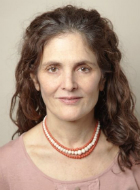

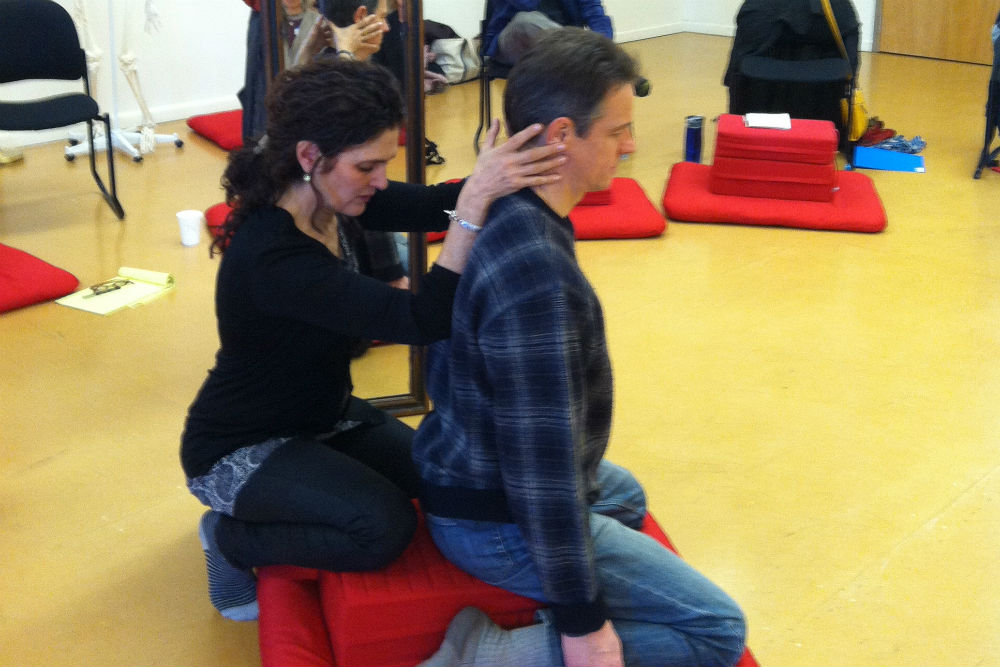

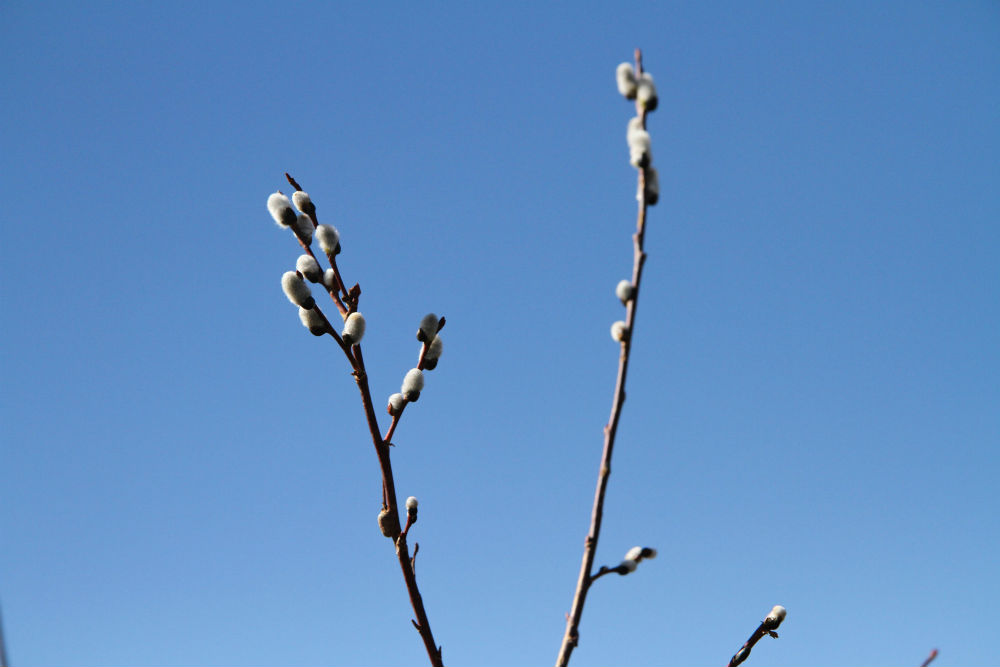
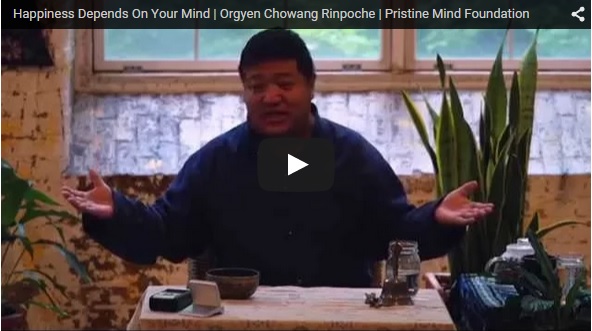
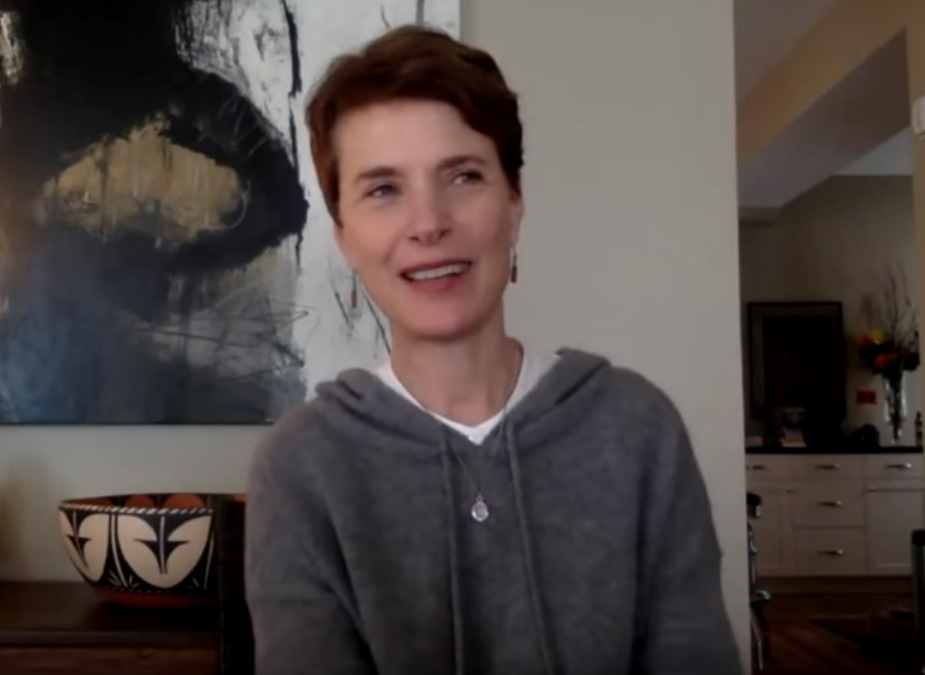
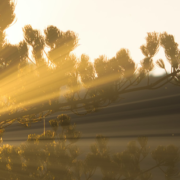
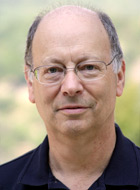
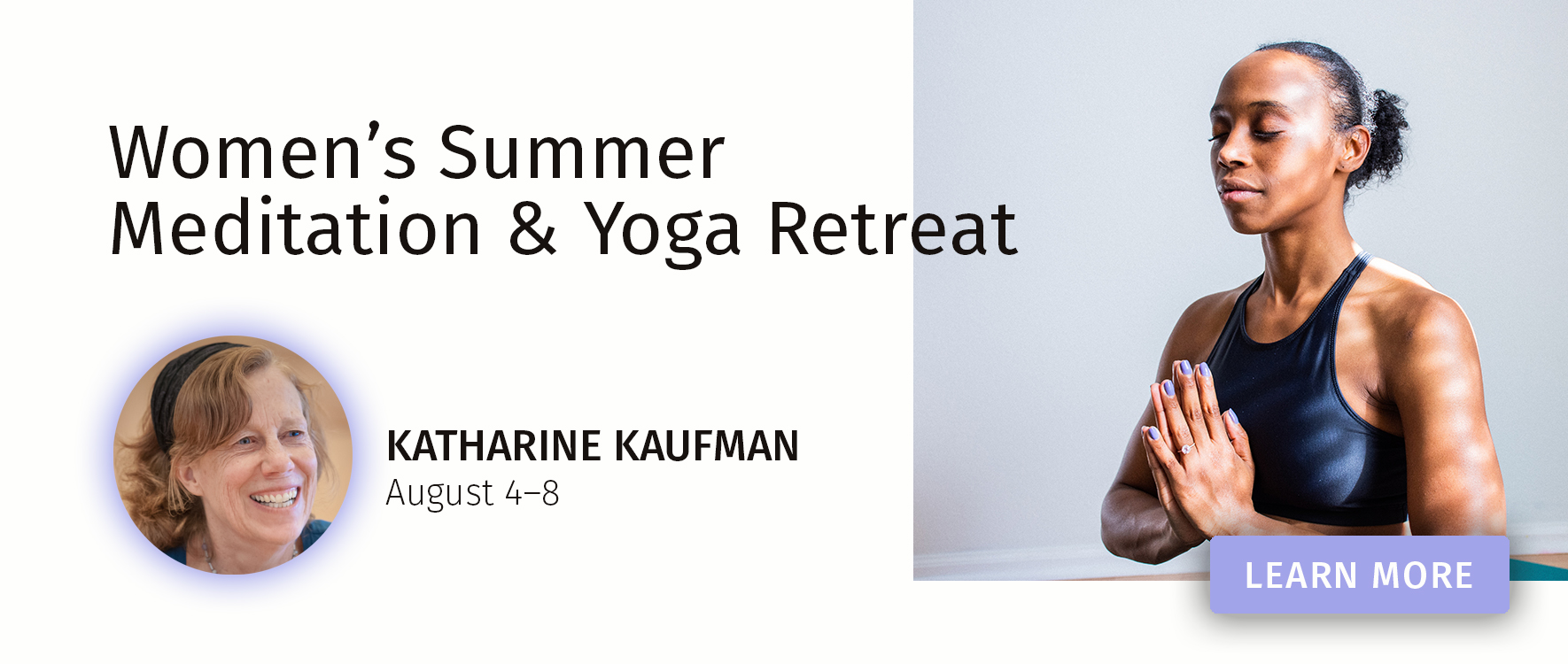
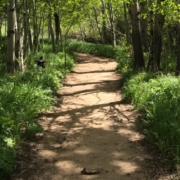
Leave a Reply
Want to join the discussion?Feel free to contribute!